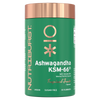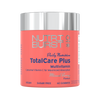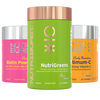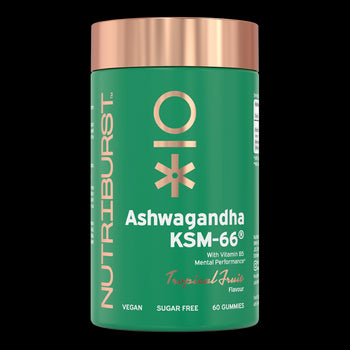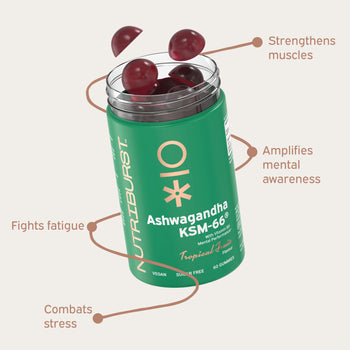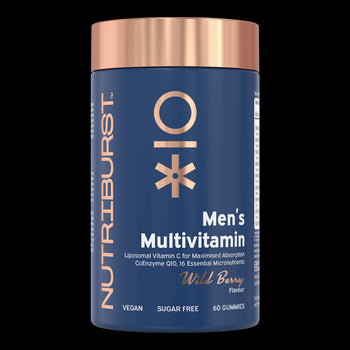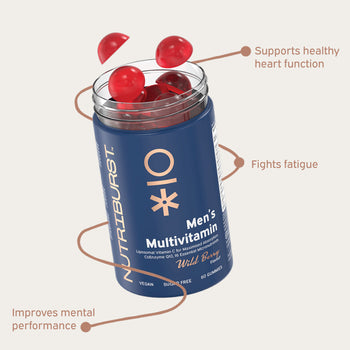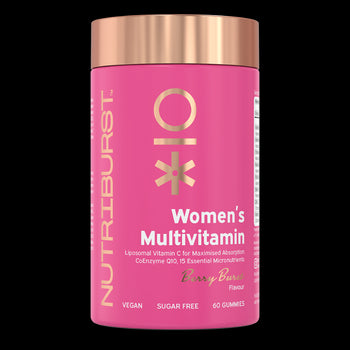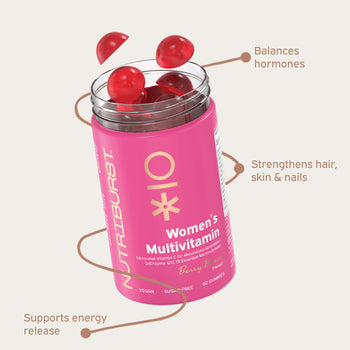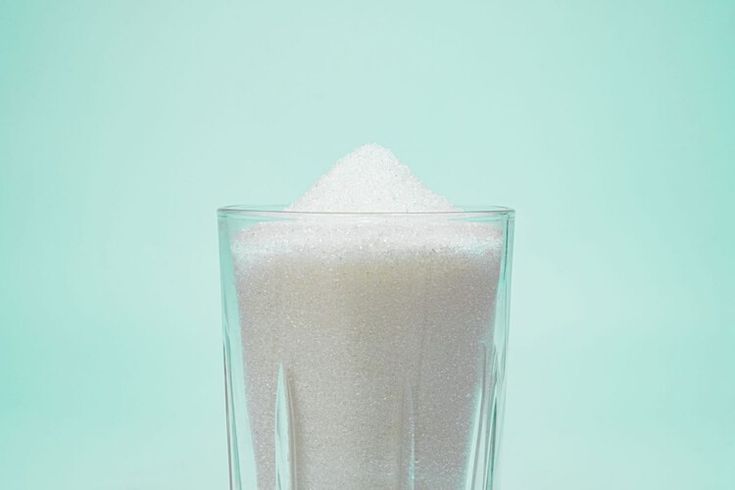Sun Awareness Week: Protecting Your Skin and Staying Safe in the Sun
Written by Moynul Hazari

Whilst the sun can be wonderfully health giving, it can also be a danger if we are not fully educated in its potentially damaging effects. As our knowledge as a society grows, so our understanding of preventative steps also increases. It is only relatively recently that the damaging effects of too much sun were understood. In 1992, three Canadian scientists invented the modern UV index, which became a global index replacing all regional versions, when the world health organisation (WHO) established the global UV index in 1994. In 2006 scientists showed that we need to reapply sunscreen every two hours to prevent UV light from penetrating the skin.
To be aware of the sun's dangers is necessary but so too is the value of sunlight in moderation. There are many ways in which the sun is health giving, and these include an increase in the brain's release of a hormone called serotonin, which is associated with boosting mood and helping us feel calm and focused. The sun is also associated with providing a source of UVB that kicks off the chemical and metabolic chain reaction that produces vitamin D. Vitamin D has many potential benefits. It may reduce the risk of certain diseases, help improve mood and reduce depression symptoms, and help with weight management. It’s hard to get enough vitamin D through your diet alone.
You may be wondering how else you can help your body produce both serotonin and vitamin D? Well, the good news is that protein rich foods are higher in an amino acid called tryptophan, which can help support increase serotonin production. These include complex carbohydrates, such as vegetables, fruits, pulses and whole grains. When you eat these foods, your body produces insulin which helps your muscles pull in more amino acids, giving tryptophan a chance to reach the brain. Furthermore, you can increase serotonin levels by exercising. Intense exercise in particular can raise levels of endorphins and other neurotransmitters alongside serotonin which can lead to something called a “runners high”.
When it comes to vitamin D you can easily supplement. In fact, Nutriburst have a delicious tasting Vitamin D gummy containing 100% NRV. For many people, taking a vitamin D supplement may be the best way to ensure adequate intake. Vitamin D exists in two main biological forms — D2 (ergocalciferol) and D3 (cholecalciferol). Typically, D2 comes from plants and D3 from animals. Research suggests that D3 may be significantly more effective at raising and maintaining overall vitamin D levels than D2. The good news is that Nutriburst’s vitamin D is a D3 derived from a sustainable plant-based source, making this an ideal supplement for vegans or vegetarians.
So, if you are thinking about the positive and negative effects of the sun the conclusions are clear – protect your skin by monitoring sun exposure and using a suitable sunblock but also support your body’s production of both serotonin and Vitamin D through diet and supplementation.

